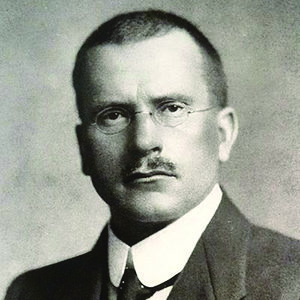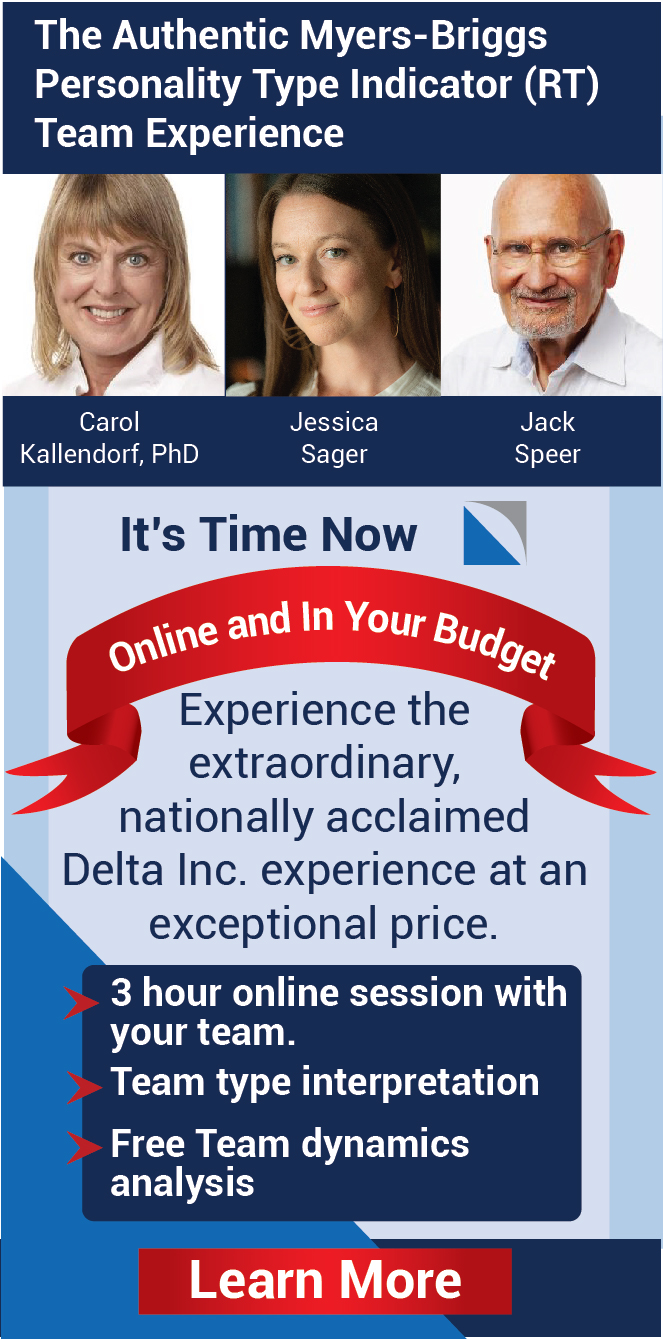What is the INFP Personality?
INFP’s most often seem calm and serene because they carry an inner sense of their values and beliefs, with which they are comfortable and confident. Their life’s actions and interactions are guided by these values, which are very coherent and integrated. They guard these values carefully and they are known in their entirety only to themselves. They have a skilled ability to interpret many of the deep issues of people and life.
 Carl Jung (1875–1961), an INFP type, an early colleague of Sigmund Freud, pioneered the understanding of human personality and function through intuition and insight. He was the inspiration for personality type assessments pioneered by Isabel Myers and Katherine Briggs.
Carl Jung (1875–1961), an INFP type, an early colleague of Sigmund Freud, pioneered the understanding of human personality and function through intuition and insight. He was the inspiration for personality type assessments pioneered by Isabel Myers and Katherine Briggs.
INFP’s share their insights only with people they trust, and in situations where their truths will not be trampled—or on occasions where not to speak out would to them be morally wrong. Otherwise they go through life dispensing a calm and peace to those around them.
INFP’s are generally accepting of the people who pass their way, even those whose beliefs, values, and actions are not their own. They have the gift to make people believe they understand where the other person has traveled. They understand what others have felt and give to others the gift of self-acceptance.
INFP’s are themselves independent, an independence rooted in their comfort with themselves.
INFP’s believe in individuality, growth, and that the mission of life is to find one’s own unique course. The INFP is deeply committed to their beliefs and values and to the circle of those around them—family, organizations, and those they feel need them, particularly those who cannot stand up for themselves. Most often if the thoughts, beliefs and actions of those around them conflict with their own, they do not feel the need to correct them or “straighten them out.”
If the INFP does not agree with the opinions of organizations they are affiliated with, the organization can still serve as a framework for their lives.
They feel no need to speak out simply because they don’t agree unless it violates their own vision. They proceed on, calmly and quietly, not fuming within themselves, as do some types. But if their values are violated, they will react fiercely. INFP’s are one of the most curious of all types. They like to ask open-ended questions in non-threatening ways, because they truly want to know more about life. They like reading and discussion.
They highly value people’s ability to understand themselves and their own personal path. They can often express a unique and original point of view that is pleasing and surprising. They have a personal vision that they can express clearly and in a novel way.
INFP’s are often drawn to causes, religious, political and social. For all their ability to relate compassionately and non-judgmentally with different people, once they are guided by their inner vision to make a stand, they will stand firm.
 Mother Teresa, a nun originally from Macedonia (1910 – 1997), an INFP type, had an inner vision to seek permission to found The Missionaries of Charity in 1950. She inspired many to join her in her mission to the poorest of the poor in Calcutta. She won the Nobel Peace Prize in 1979.
Mother Teresa, a nun originally from Macedonia (1910 – 1997), an INFP type, had an inner vision to seek permission to found The Missionaries of Charity in 1950. She inspired many to join her in her mission to the poorest of the poor in Calcutta. She won the Nobel Peace Prize in 1979.
INFP’s as Team Members
INFP’s often prefer to work in organizations as individual contributors. They can be quite powerful in business, religious institutions, and health care, producing incisive data and analysis, as well as efficient administration. They are effective project managers, but themselves will not be micromanaged.
They work best in areas where they are given a challenging issue or problem and are left to work through it with their considerable ingenuity. They dislike rules and strictures and grow weary of repeating tasks and repetitious assignments. They will “come out swinging,” if one of their core values is violated in the workplace, often to the surprise of those around them.
What Are INFP Issues and Challenges in Groups/Best Alliances?
INFP’s have an inner vision of themselves and tend to build relationships with an inner circle of people they rely on and trust.
INFP’s can lack a sense of accomplishing team goals with a group. They often do not see the need for action that is not congruent with their own personal vision. They have little use for politics or group activity that they do not find meaningful. INFP’s who work within the organization can do well to ally themselves with more politically oriented and expressive types.
INFP’s and the Rest of Their Lives
People may see the INFP as reserved and introspective, difficult to know. Those who do know INFP’s quickly find them to be creative, unique, and original. They learn that they are complex and often delightfully unpredictable.
INFP’s are deeply loyal friends, spouses, parents, and life partners. They can perplex even those closest to them because so much of them is “hidden from view.” Material goods and possessions will always be secondary to the INFP, because people and values are always first. This will confuse and sometimes frustrate in relationships with those who value material goods highly. INFP’s, nonetheless, have an inner sense of joy and contentment that is infectious to those around them.
INFP Fast Facts
THUMBNAIL
INFP’s are extremely insightful about people, and share their insights with only the people they trust. They are generally serene and have confidence and are comfortable within their own skins. They are generally accepting of others, and do not feel the need to “straighten them out.” They are flexible, but will not violate their own values.
THREATS
While INFP’s are comfortable in individual roles, they may be seen as difficult to know and establish rapport with, which may be limiting within the organizational context.
PERCENTAGE OF POPULATION
4.4%, or a little more than 4 in 100 People.
COMMON CAREER TRACKS
Business administration, Writing, Psychology, Religion

Austin, Texas
Santa Fe, New Mexico
Carol Kallendorf, PhD. | (512) 417-9756
Jack Speer | (512) 417-9428
We value your comments. Please let us know of any suggestions you have for this website, or for technical problems please email jspeer@delta-associates.com.
All contents Copyright © 2010-2023 The Delta Associates. All rights reserved.
Myers-Briggs Type Indicator® MBTI®, is a registered CPP, Inc. FIRO-B™ and CPI 260™ are trademarks of CPP, Inc.
The Delta Associates 360-Degree Assessment™ is a trademark of The Delta Associates.



















